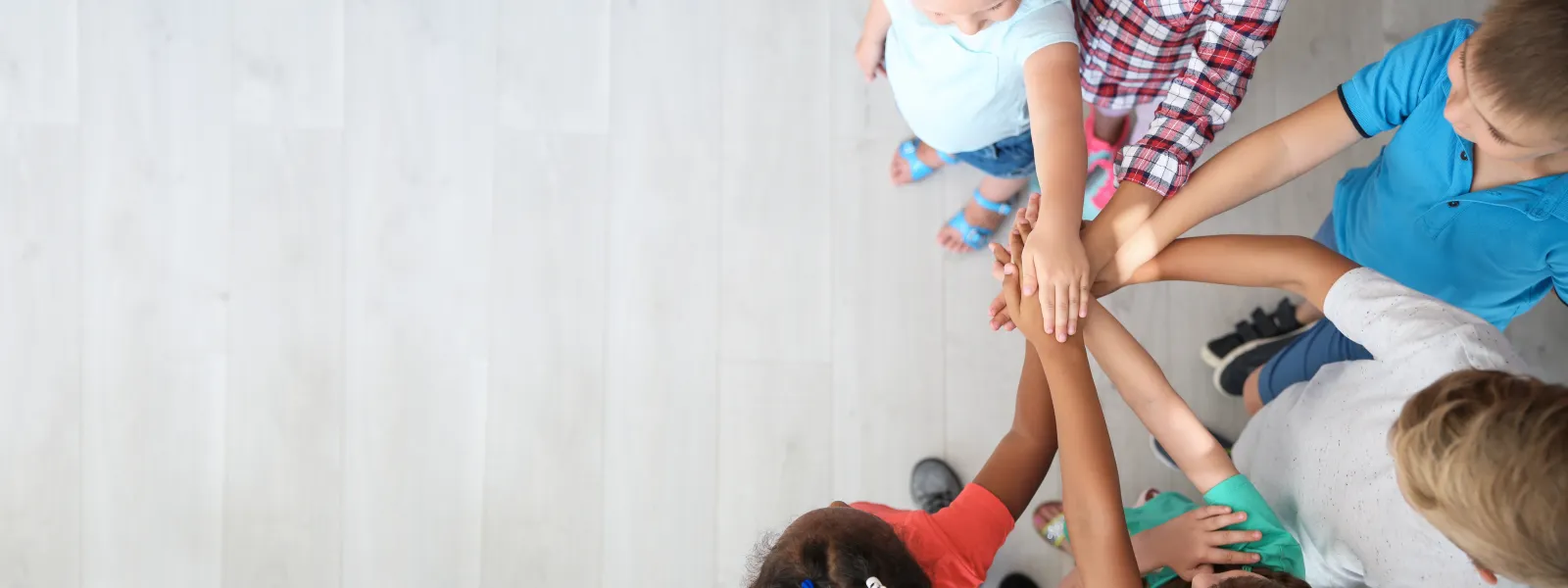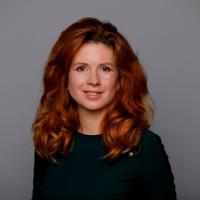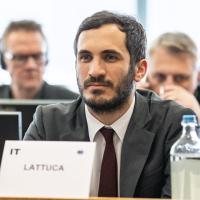Building a Progressive Future - Prioritising early childhood education in Europe
Building a Progressive Future - Prioritising early childhood education in Europe
Children in Europe are the key to building more just and sustainable societies. Substantial evidence indicates that disparities in life opportunities emerge early in life, primarily influenced by the socioeconomic status of parents, perpetuating across generations. However, early care and education (childcare and pre-schooling) can break this intergenerational cycle of disadvantage.
Despite compelling evidence supporting the positive impact of early childhood care and education, numerous families lack adequate support. Currently, only seven EU member states have achieved the EU objective of 50% childcare coverage, as outlined in the post-Barcelona targets. In 13 countries, less than 25% of children under 3 have access to these services, with disproportionately lower enrollment among those from low-income households and marginalized areas. In certain nations, less than 20% of such children are engaged in any form of early childhood education, compared to over 70% among higher-income households.
This is particularly concerning as over 5 million children under 6 in the European Union face the risk of poverty and social exclusion, a situation exacerbated by economic recessions and financial challenges faced by European families. Without the provision of quality and inclusive early years services, education becomes a tool for better-off households rather than a means to bridge inequalities and eliminate social exclusion.
Progressive initiatives have significantly advanced early childhood care and education across Europe, starting from the European Pillar of Social Rights in 2017, recognizing children's right to affordable and quality childcare. In 2020, amidst the COVID-19 pandemic, over 300 European progressive figures advocated for a Child Union, aiming to ensure equal access to quality early childhood education and care.
The European Child Guarantee, adopted in 2021, urged Member States to ensure equal access to essential welfare services, including early childhood care and education. In 2022, the European Care Strategy pushed for a 50% coverage of childcare and 96% coverage of preschool education, emphasizing the need to reduce access inequalities and enhance quality.
Finally, the Recovery and Resilience Facility allocated substantial resources to Member States to expand early childhood care and education infrastructures, mitigating the effects of the pandemic and economic recession.
While progress has been observed, especially in countries led by progressive governments, challenges persist. Affordable and accessible services for socioeconomically disadvantaged children and those in remote areas require attention. Quality improvement should commence by enhancing workers' professionalism and working conditions. Given the decentralized nature of Early Childhood Education and Care services, local authorities, particularly regions and municipalities, play a central role in organization, financing, and delivery.
Progressives, having tirelessly championed the Child Union, must continue advancing their agenda on early childhood education. Inspiration can be drawn from progressive champions at various levels, including national governments and, crucially, in regional and municipalities.
As part of the Festa Nazionale Unità, we have co-hosted a citizens' dialogue with the Foundation for European Progressive Studies, to discuss Children rights and protection in the EU.
Speakers
Monday, 02 September 2024
18:30 - 20:00
Sala Berlinguer, Festa d’Estate, Campovolo, Reggio Emilia, Italy
18:30 – 19:20 POLICY ACTION FOR FREE AND INCLUSIVE CHILD POLICY
What has been the role of the EU Child Guarantee and the Recovery and Resilience Facility (RFF) in facilitating the organization and provision of childcare services? What instruments can be further employed to support local authorities in enhancing the accessibility, quality, and equity of Early Childhood Education and Care (ECEC) services? How can these services be best integrated with other family and welfare policies?
Discussion with:
Enzo Lattuca, Mayor of Cesena, President of the Province of Forlì-Cesena and Rapporteur of the Committee of the Regions Opinion on Implementing the European Child Guarantee at local and regional level, Italy
Irene Manzi, Member of the Chamber of Deputies, leader of the Partito Democratico in the Committee on Culture and Education. Member of the Secretariat of the PD responsible for child education services and family support, assistance to a school of community, Italy
Cristian Fabbi, President of Reggio Children and UNICEF consultant, Italy
Christian Morabito, International researcher and expert in the field of inequalities in early childhood education and care, for UNICEF, UNDP, SaveTheChildren, FEPS, and the European Commission, Italy
Liesbet Polspoel, policy advisor on Mental Health, Youth Welfare and Child-care policies, Vooruit, Belgium
19:20 – 20:00 BUILDING A UNION THAT CARES
How would Europe look like if we truly decided to prioritize future generations, to prioritize future generations, care, and equality? What would it take to prevent welfare policy risks, how can social-democratic leadership push the economic and societal value of social investment? Can early childhood education and care (ECEC) be more widely employed to shape a socially inclusive Europe? After the EU Care Strategy, the Social Action Plan and the EU Child Guarantee masterminded by EU Commissioner Nicolas Schmit, what are our ambitions for a caring Union?
Kata Tutto, Vice-president of the PES Group in the European Committee of the Regions, Deputy mayor of Budapest, Hungary
Simona Malpezzi, Senator, Vice President of the Parliamentary Committee on Childhood and Youth, Italy
Moderated by: David Rinaldi, FEPS Director for Studies and Policy and Lecturer, Université Libre de Bruxelles, Institute for European Studies and Gloria Riva, journalist, L'Espresso e La Repubblica
Q&A with the public









